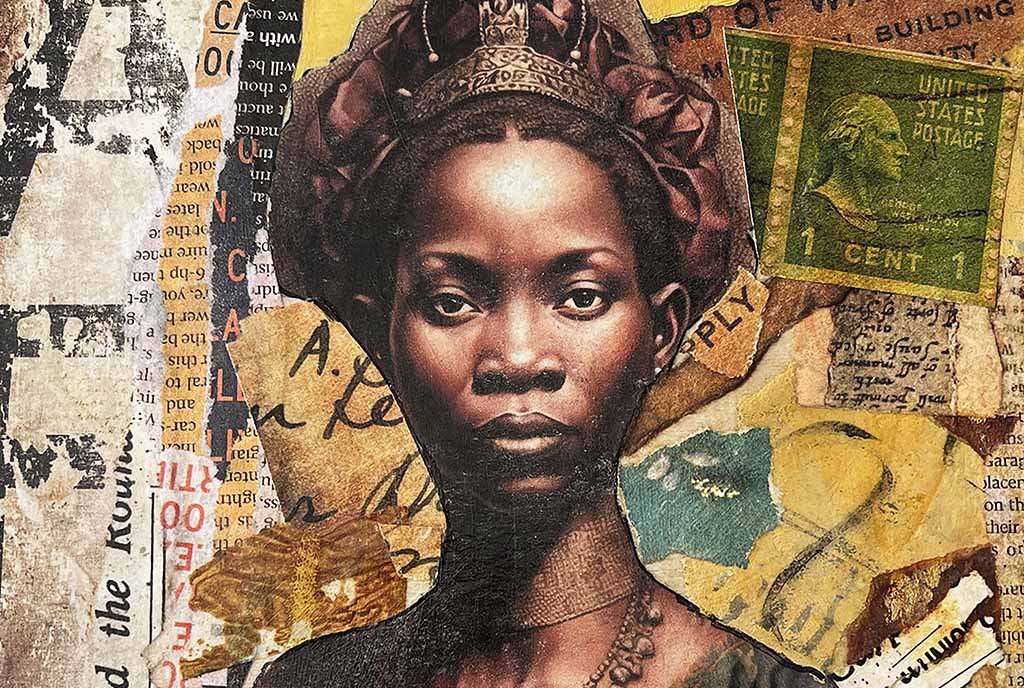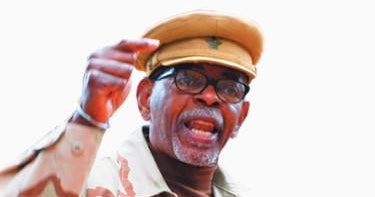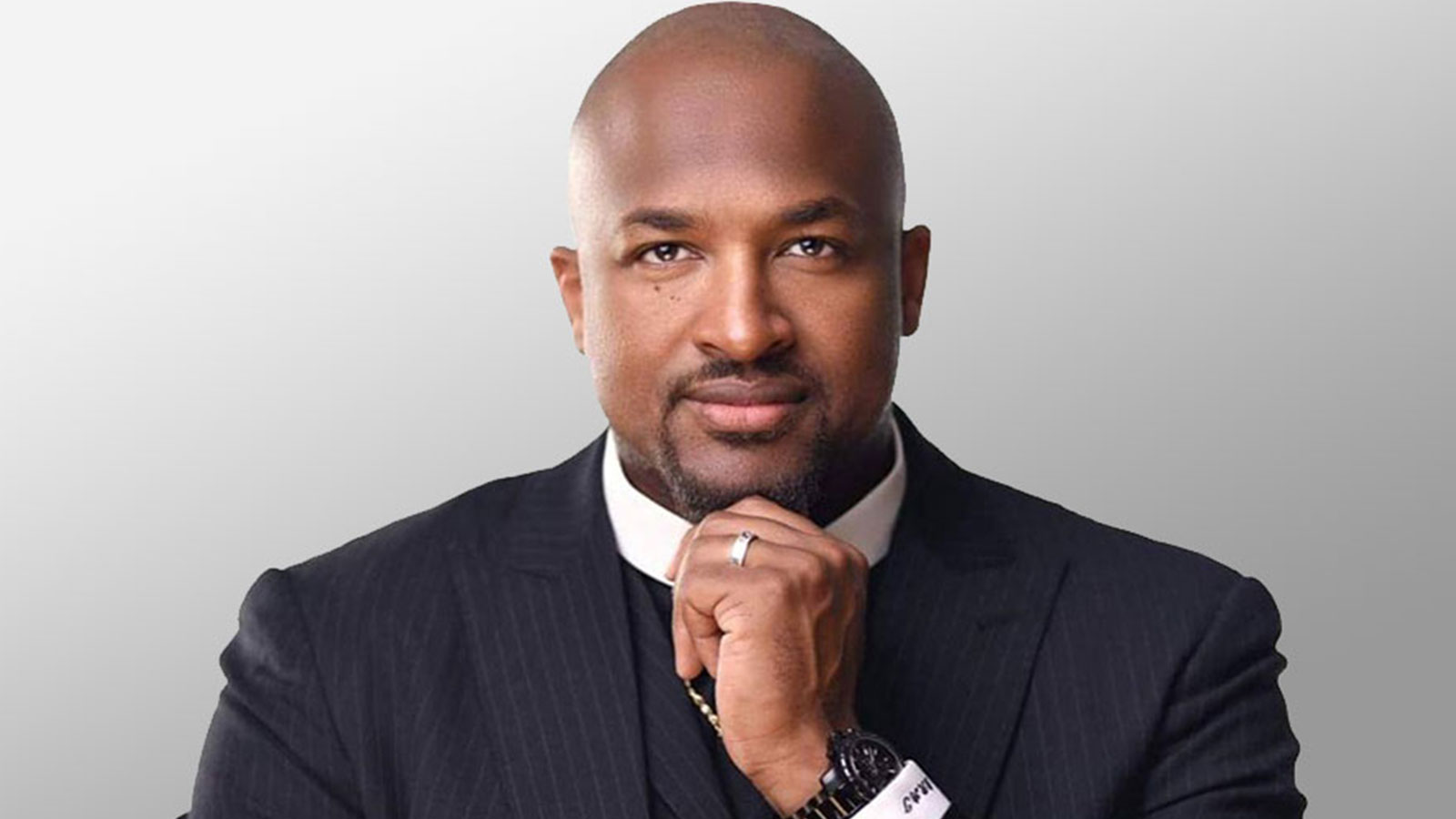- BLACKVOTER.ORG
- Posts
- BLACKVOTER.ORG #126
BLACKVOTER.ORG #126



The webpage discusses the efforts of black workers in the South to challenge corporate power and fight for economic equality. The author highlights the resistance faced by these workers from both national partners and funders who view their strategies as too ambitious or someone else's responsibility.
The author argues that organizing efforts in the South, specifically centered around the fight against white supremacy and expanding democracy through worker-led struggles, are essential for building a multiracial democracy. The author emphasizes the economic engines of the South and the geopolitical influence they hold, making it crucial to challenge the powerful economic forces that impact democracy and economic equality.
The article concludes by discussing the potential of the sustainable energy industry as a catalyst for building a multiracial democracy and achieving economic and racial equality. Overall, the webpage highlights the importance of organizing efforts in the South and the resilience of black workers in the face of adversity.

In a Florida courtroom, the trial has begun for four activists accused of acting as Russian agents to create political division in the United States. The defendants, who have ties to the African People's Socialist Party and Uhuru Movement, are facing charges of conspiracy to defraud the U.
S. and failing to register as agents of a foreign government.
One of the accused is Omali Yeshitela, the 82-year-old chairman of the U.S.
-based organization. The prosecution argues that the defendants acted under Russian direction to stage protests and engage in activities that would benefit Russia by dividing Americans and communities.
While some similarities may be drawn to Russia's interference in the 2016 U.S.
presidential election, the judge has made it clear that this case will not address those specific issues. The trial is expected to last up to four weeks, and if convicted, the defendants could face significant prison sentences.

In a spirited speech delivered at a Democratic National Committee (DNC) event, Congresswoman Maxine Waters rallied African Americans to mobilize and exercise their voting power in the upcoming 2024 election. Waters, a seasoned lawmaker and vocal advocate for civil rights, emphasized the critical importance of Black voter turnout in shaping the future of the nation.
She highlighted the challenges facing Black communities, including economic disparities, police brutality, and ongoing voter suppression efforts. Waters called on Black voters to not only participate in the electoral process but also hold elected officials accountable once they are in office.
Additionally, she encouraged young people to step up and continue the fight for justice, equality, and opportunity for all. As the Democratic Party focuses on engaging and energizing African American voters, Waters' rally cry serves as a reminder of the enduring strength and influence of the Black electorate.


The African Methodist Episcopal (AME) Church, America's oldest Black Christian denomination, has officially expressed its support for reparations. A resolution passed with an overwhelming vote of 1394 to 50 at the recent 52nd Session of the General Conference.
The resolution calls for reparations for the Trans-Atlantic Slave Trade, chattel slavery, Jim Crow, racial terror, mass incarceration, housing discrimination, political and physical assassinations, and the exploitation of resources in Africa. Rev.
Dr. Robert Turner, a long-time advocate for reparations and pastor of Baltimore's Empowerment Temple AME Church, wrote and introduced the resolution.
He is also a commissioner on the National African American Reparations Commission (NAARC) and has been conducting a silent vigil, walking 40 miles each month from his church to the White House, urging the Biden Administration to establish a national reparations commission. The resolution also highlights the disparities in economic opportunities and compensation for African Americans compared to other groups.
The AME Church's support for reparations demonstrates the unity and global commitment to seeking justice for the African diaspora.

In "Kamala's Moment," Fintan O'Toole explores Kamala Harris's rapid rise to becoming the Democratic candidate for the presidency and the significance of her candidacy in the context of American politics. O'Toole argues that Harris's campaign asks the question: Who is a normal American now? He points out that while it may seem that Harris's candidacy is fortuitous and timely due to a series of unprecedented events, such as Joe Biden's age and Trump's attempted coup, it is also an accident that was waiting to happen.
The conventional wisdom that the American electorate was not ready for a non-white, non-male embodiment of power has been proven wrong, as demographics in America have been changing. O'Toole suggests that Harris's candidacy represents a reimagining and updating of American democracy, one that embraces the complexities of identity and reflects the changing realities of the country.
Despite attacks on her identity and biology from the Republican side, O'Toole argues that Harris has the power to redefine what it means to be a "normal American.

In an article published on The New York Times, author Nate Cohn discusses whether the current election season can be considered "normal" given recent shifts in voter demographics. Despite the chaos and uncertainties of the past few months, the presidential campaign seems to have returned to a sense of normalcy.
Polling averages show that nationwide, Kamala Harris has a three percentage point lead over Donald J. Trump, while the race is a dead heat in battleground states.
The polls indicate a close election, even closer than initially expected. The unusual demographic patterns observed over the past year, such as the erosion of support for Biden among certain traditionally Democratic groups, are also fading.
However, one notable shift is the comeback of the generational divide. Harris leads Trump by an average of 20 points among young voters, while older voters have barely shifted towards her.
Ultimately, while some differences from the 2020 race persist, the election appears closer to "normal" than anticipated.


Wisconsin's Voter ID Law Suppresses Black Voters, Advocates Say: Examining the Impact and Challenges
A decade ago, Wisconsin implemented a voter ID law that has been accused of suppressing the turnout of Black voters in Milwaukee. The law, which requires voters to show photo identification, has disproportionately impacted Black voters who are more likely to lack a photo ID and less likely to seek one.
This has led to a drop in accessibility and has prevented thousands of Black voters from casting their ballots. Advocates and experts argue that the law has created confusion and additional barriers for minority voters, with many individuals not realizing that they can obtain a state photo ID for voting purposes.
The law has faced legal challenges since its implementation, but has largely been upheld. Critics view the law as a deliberate attempt to suppress the votes of Milwaukee's Black population, which plays a crucial role in determining the outcome of presidential contests in Wisconsin.

In this article, the author discusses the two paths that Black politics can take in the upcoming November elections. The first path involves following the "Obama model" of representation, which emphasizes a multiracial approach and places faith in the office of the presidency to address the needs of the Black community.
The second path, known as the "Maryland model," focuses on building a mobilized statewide Black Democratic voting bloc to attain influence in state governance. The author compares the campaigns of Kamala Harris and Angela Alsobrooks as representative of these two paths.
Harris, inheriting the legacy of the Obama administration, may face controversy over future services to the Black community due to the agenda she is associated with. Alsobrooks, on the other hand, is campaigning to leverage Maryland's Black community and aims to extend the momentum of Black statewide influence.
The article argues that the future direction of Black politics is at a crossroads and that both paths have advantages and drawbacks for the Black community.

